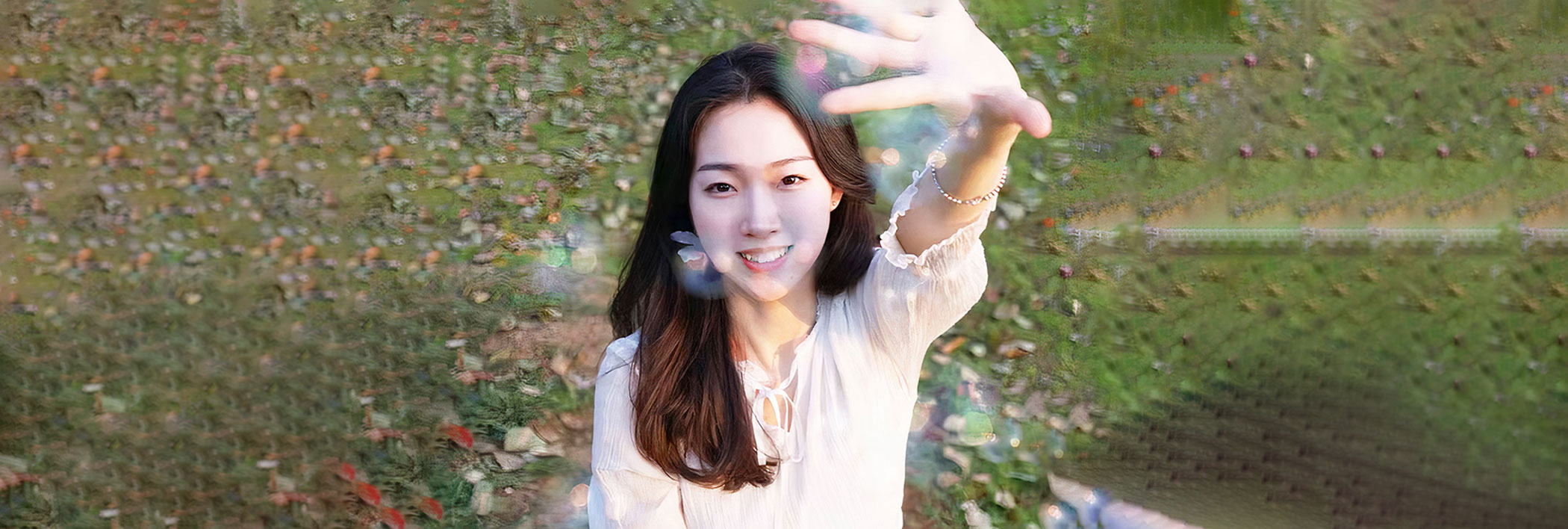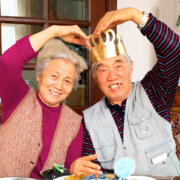Faces of China: Life in Wuhan with Julie
Welcome to the Faces of China interview series!
This series offers a glimpse into the lives of ordinary people in vibrant and diverse cities across China. Through the stories of the people who live there, we hope you will learn something new about Wuhan, its culture, and the people who make it their home.

Hi, my name is Julie.
I’m 28-years-old and a third-year PhD student studying economics at Wuhan University. Outside of academia, I enjoy outdoor activities like travelling and swimming. If I have time and money, I’d love to learn how to paint and learn an instrument. Oh, and I love animals.
Wow, I didn’t know you loved animals.
Yes! I wanted to be a veterinarian. My best subject in high school was biology, but I studied economics because I thought it would make me money. Now I realise what I do has nothing to do with making money <laugh>.
About Wuhan
Where is Wuhan located in China?
Wuhan (武汉 Wǔ hàn) is located in the middle of China. It’s also the provincial capital of Hubei province. And to give you an idea of the size, Hubei’s GDP in 2021 was approximately equal to Switzerland’s, and Wuhan’s population is similar to Italy’s.
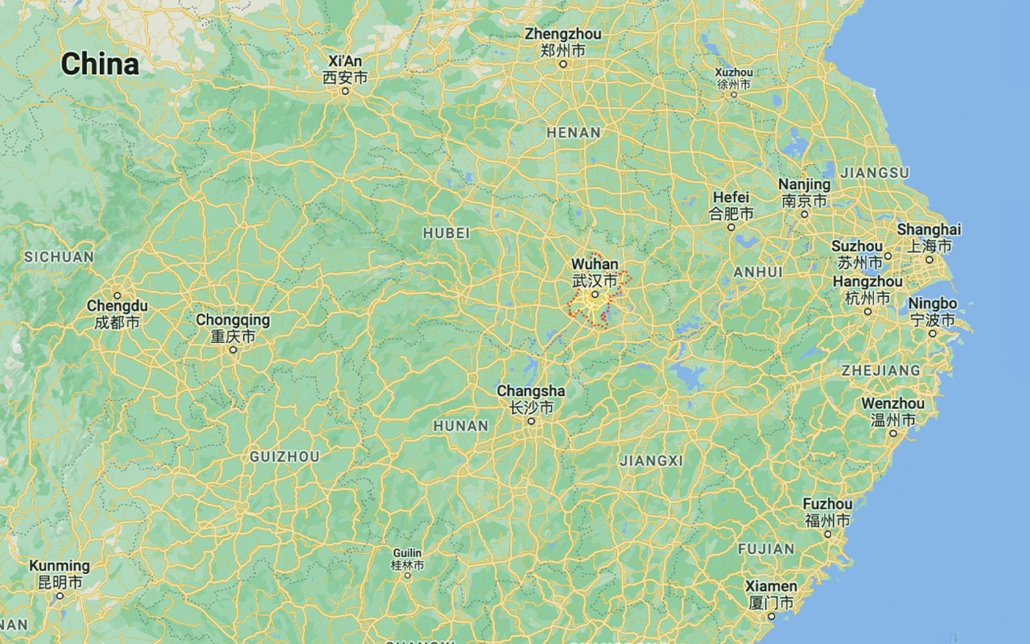
How would you describe Wuhan city?
In China, we call Wuhan a ‘River City’ because there are two rivers that divide the city. One is the Yangtze River, and the other is the Han River.
These two rivers split the city into three districts: Wuchang, Hankou and Hanyang.
I live in Wuchang; it’s more of a university town. You will find many universities here, including 2 of China’s top universities. Another part is called Hankou, the ‘original’ area of Wuhan. It’s more original and more local. The third part is Hanyang, the industrial and manufacturing areas of Wuhan.
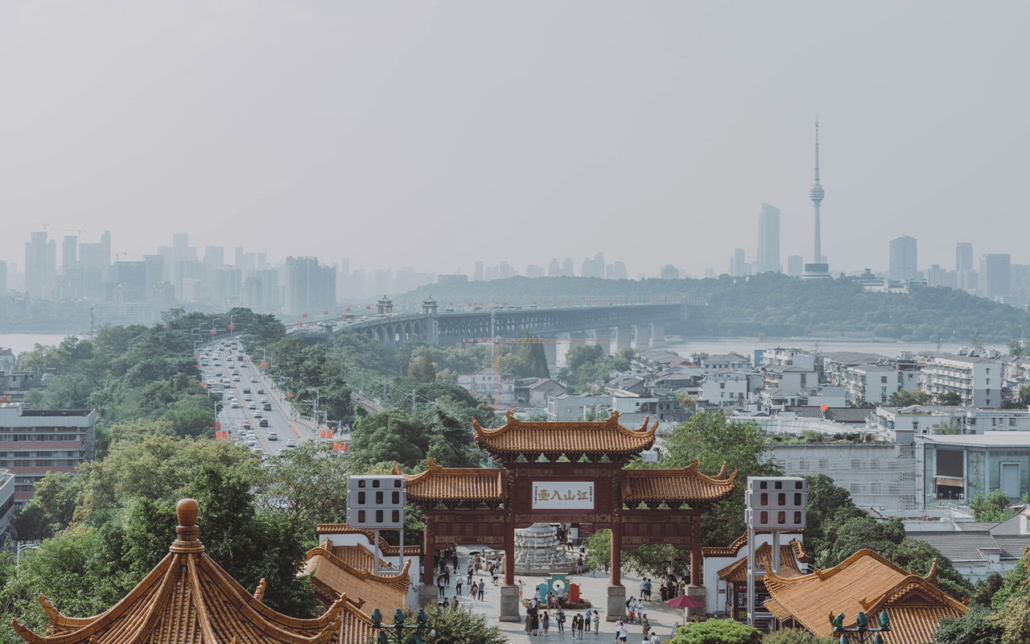
Tourist Attractions in Wuhan
What are some tourist attractions in Wuhan?
If you are travelling to Wuhan, I recommend visiting the Beach Park. At night, the buildings along the Yangtze River light up with animation and film. So not only are the lights beautiful, but it’s also entertaining to watch.
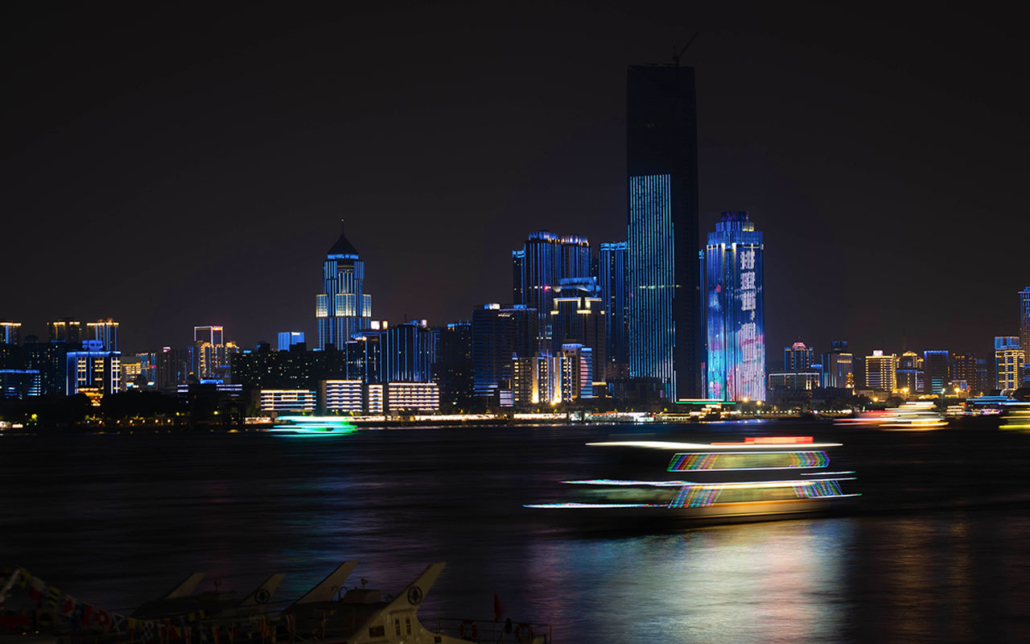
There’s also the Yangtze River Cruise you can catch that flows from one building to another.
In Wuhan, there is a famous landmark called the Yellow Crane Tower (黄鹤楼 huáng hé lóu). You can pay to climb the tower, but you don’t really need to. Local people don’t usually climb it because they see the Yellow Crane Tower every day as part of their daily life.
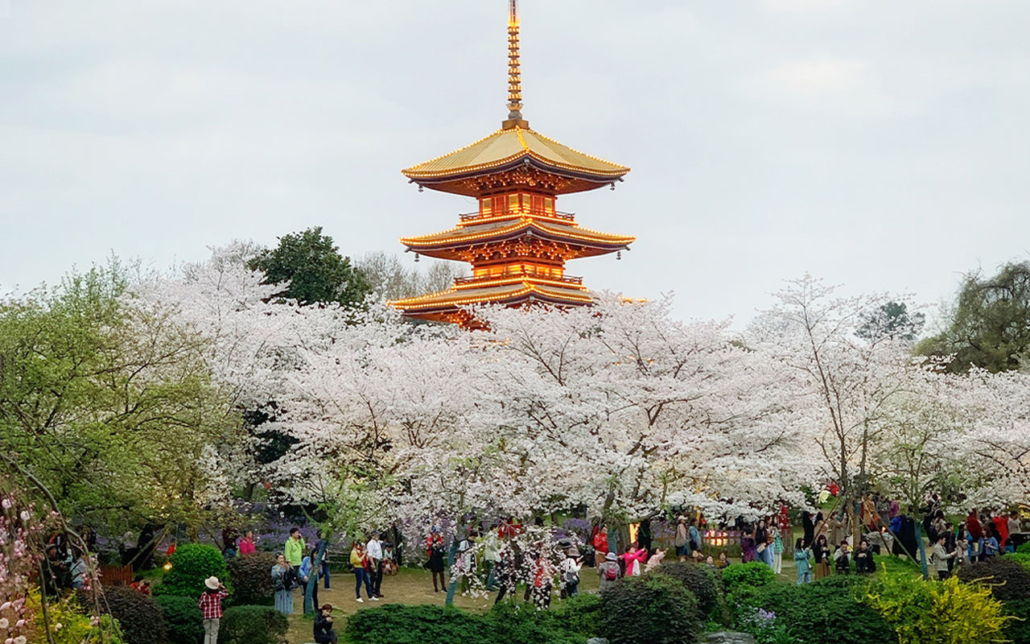
Famous Food in Wuhan
What food is famous in Wuhan?
Wuhan’s famous food is Hot Noodles with Sesame Paste (热干面 rè gān miàn). As a night-time snack, you can try our Barbecued Crayfish (小龙虾 xiǎo lóng xiā).
Nowadays, cities in China are intertwined, which means you can try foods from everywhere. In Wuhan, people like spicy foods and barbecues, but if you cannot eat spicy foods, you can try Shanghainese food which is sweeter and more soup-based.

People in Wuhan
What are Wuhan people like? How do they differ from other Chinese people?
We like to joke that Chinese people decrease in height as you travel from the north to the south, so I guess; Wuhan people are shorter <laugh>.
In Chinese, we have the phrase 妻管严 qì guǎn yán, which means the wife is stronger than the husband. So the closer you are to the south of China, the females can have more power in households. But when you go to the north of China, like in the Dongbei region, their culture is more masculine and male-dominated. Men have more power in the family.
We also think that people from the south are more ‘street-smart’ like they can’t be easily taken advantage of by others. Whereas if you travel to the very north, people are more modest, more simple-minded. For Wuhan, I think we’re in the middle of the degree.
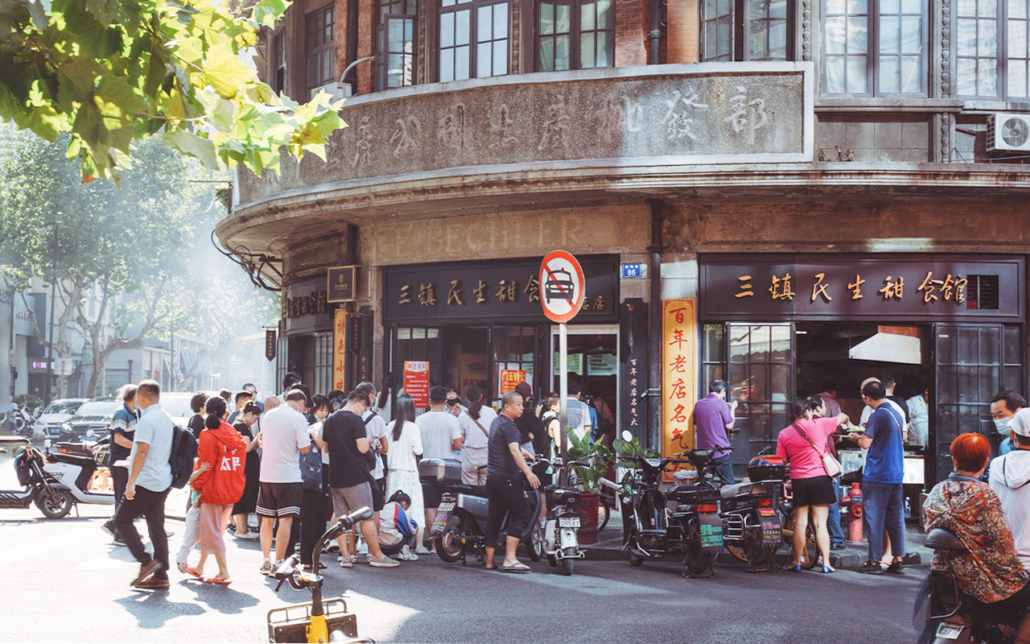
Languages & Dialects
What languages do they speak in Wuhan?
It depends on the family. Each province in China has their own dialect, and within each province, each city will have a slight variation of their own dialect.
For example, my parents were born in the same province but in different cities. That’s why they only speak to each other in Mandarin because they cannot communicate in their own dialect.
When my mum speaks Mandarin, it’s not the most standard, like the Mandarin you hear on the news. She’s got her own ‘dialect-style’. In China, people don’t actually speak standard Mandarin. Everyone speaks with an accent, influenced by their own dialect. Because it’s still Mandarin, everyone can understand each other.
Can people in Wuhan speak English?
In most Chinese cities, students are taught English from primary school until the end of high school. That’s over 9, 10 years of learning English as a subject. But because we’re not in an English-spoken environment, we can find it difficult to pronounce words in conversations.
People born in the 1960s, like my mum, will know some English words. However, my dad can speak English because he went on an exchange to America during his postgraduate studies. Most people in my parents’ generation can’t communicate in English because they weren’t taught it in schools.
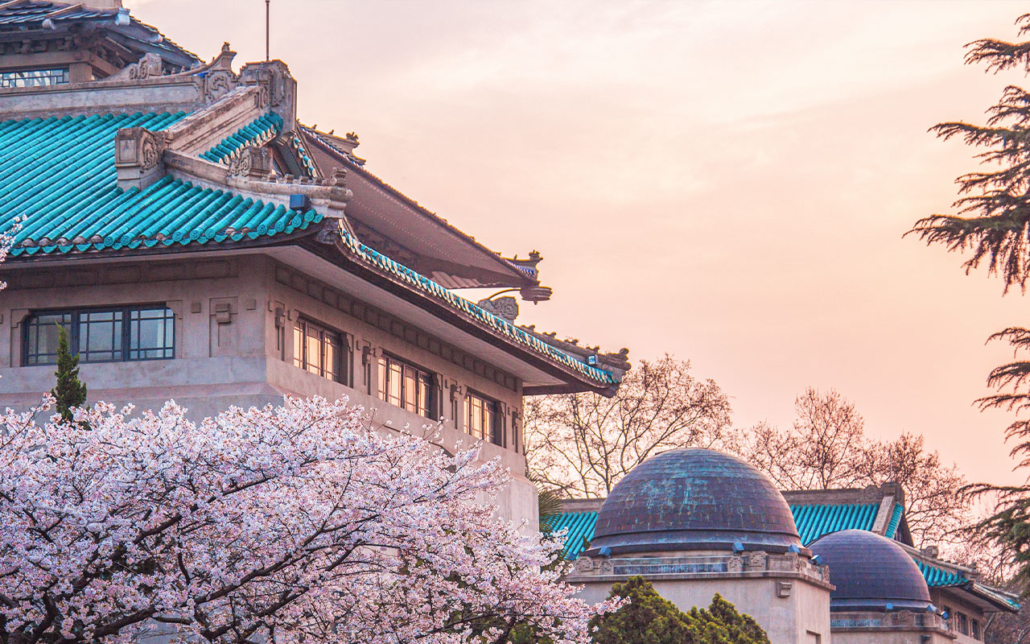
Life in Wuhan
What does an average day in Wuhan look like for you?
We’re in August, which means next month, I will be in my fourth year of doing my PhD. If you visit me in Wuhan, you will find me reading articles on China’s province-managing-county policy.
What is China’s ‘province-managing-county policy’?
Western countries usually have three levels of governance: federal, state and local. But in China, instead of three, we have five: central, province, city, county and rural.
In the 2000s, the central government implemented the province-managing-county (PMC) policy, where the provincial government directly manages the county. By eliminating the city government as an intermediary, the aim is to improve economic growth and development at the county and rural levels.
What is your PhD research about?
My PhD research aims to determine the appropriate levels for governance, like whether the economy will be better with three, four or five levels. Because of the PMC policy, I can use the latest data from counties and new modelling to analyse its impacts on the economy.

From your research, do you think there’s room for improvement in the current government structure?
Definitely. Because in rural China, the farmers are still very poor. Their living conditions, like the house they live in, and the food they eat, are not the same as the rest of us.
I think having five levels is too complicated. Each level takes money given by the central government for themselves. So by the time the money gets to the rural areas, there’s not enough leftover for the farmers. But ultimately, their conditions need to improve so the whole economy can improve.
What are your plans after graduating from Wuhan University?
PhD is hard. Hopefully, I can graduate next year <laugh>. I hope to become a university professor, like my dad, but the competition is very intense.
I want to move to a more prosperous city than Wuhan and work at one of the universities there. But it depends on my ability. It depends on how many papers I have in my hand when I graduate. At the same time, Wuhan is an easy choice for me. My family and friends are all here. This place gives me a sense of familiarity.
Many people from Wuhan University will move to one of the “Big Four” cities like Beijing, Shanghai, Guangzhou or Shenzhen. Those prospective cities have more job opportunities, reputable companies, higher salaries, etc. But after a few years, some will decide to return home because of rising house prices and living costs in those cities.
When you’re young, you can try these things. You can live and work in different cities and see how it goes.

